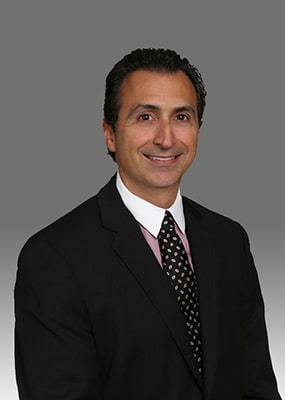
What Prospective Tenants Should Consider Before Signing a Lease Agreement
Leasing a home or office can be an overwhelming process. There are many factors a prospective tenant should take into consideration before signing a lease agreement. The following are some of the more important questions that you should consider before signing a lease agreement:
#1 - What utilities or amenities are included or not included in the rent cost?
In order to ensure that there are no unexpected additional costs, the lease should clearly define the responsibilities of the parties. For instance, clarify which party is covering amenities like parking, utilities, cable, lawn care, storage, exterminator fees, etc.
#2 - How long is this lease term?
Make sure the lease term is for the timeframe you expect to stay at the premises. However, in unforeseen circumstances, you may be forced to either cut short your stay or extend your stay. One solution may be to add a provision to the lease agreement allowing you to terminate your lease early upon the payment of an early termination fee (typically 2 months of rent). Another solution may be adding an extension right (at the same or similar base rent) allowing you to extend the term of the lease by another year.
#3 – Is Subletting allowed?
Subletting involves renting out your space temporarily to another person, while the lease still stays in your name. This is helpful if you want to avoid breaking the lease early, or if you are not going to be in your space for extended periods of time.
#4 - What is allowed when it comes to making alterations?
Make sure the lease includes your ability to perform minor alterations, such as hanging items on the walls, together with such other alterations that you may desire, such as painting the interior or changing the carpeting.
#5 - When is a landlord allowed to enter the premises without an invitation?
Except when there is an emergency, the lease should require a landlord to give at least 24 hours’ notice of their intent to enter the premises. It would also be helpful to restrict the landlord’s ability to enter to a set of reasons such as (i) making repairs, semi-annual inspections, showing the property to prospective tenants or buyers in the last couple of months during the lease term, etc.
#5 – Who is responsible for maintenance?
The lease agreement will need to cover who is responsible for maintenance of exterior and interior portions of the house. Who is responsible for the annual maintenance of the A/C unit? What happens if the A/C unit breaks? Who pays for normal repairs? Who pays for replacements? These are all very important provisions that need to be laid out clearly in the lease agreement.
#6 – What about security deposits and personal guarantees?
Typically, a landlord will require a security deposit. The amount is negotiable. But sometimes a landlord will also request a personal guarantee (whether from a relative or if the tenant it a business from the principal owner(s)). If a personal guarantee is required, you may try and limit the exposure such as the amount or the timeframe that the personal guarantee stays in existence. It is all negotiable.
In summary, it is vital that you understand the terms in your commercial or residential lease agreement. You don’t want to find yourself having financial or legal issues down the road (especially because you did not clearly understand your responsibilities under the lease agreement). That is why it is so important to get an attorney involved in the initial review and drafting of the lease agreement.

Jeffrey J. Wolfe is an attorney in the Real Estate, Corporate & Land Use and Community Associations Practice Groups in our Boca Raton office in Palm Beach County, Florida. Mr. Wolfe has over 23 years of legal experience. Learn more about him including how to work together here.
When you subscribe to the blog, we will send you an e-mail when there are new updates on the site so you wouldn't miss them.

Sachs Sax Caplan, P.L. is proud to be recognized by The Florida Bar for our commitment to hiring and developing Board Certified Attorneys.

